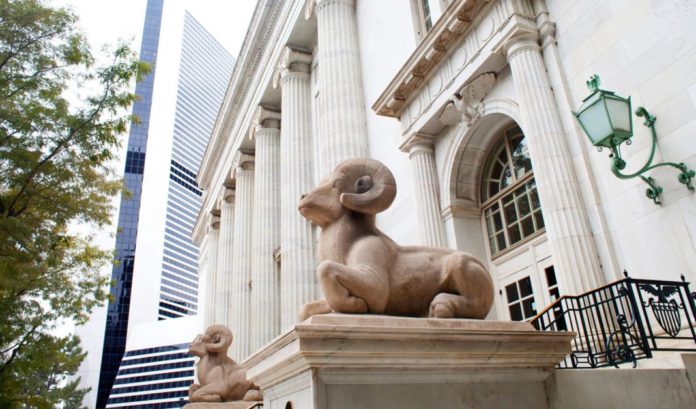

When a plaintiff sued two credit card companies for a large purchase that never materialized, the district court tossed his claim because he paid the credit balances. An appellate court affirmed the lower court in what is a reminder of the limits of federal credit card protections.
In a Jan. 26 decision, the 10th Circuit Court of Appeals upheld district court dismissals of a plaintiff’s Fair Credit Billing Act lawsuits against credit card companies for products he bought but didn’t receive. He lacked a claim against the companies under the FCBA, the court held, because he’d paid the outstanding balance for the purchases. The case is a warning of the risks that entities take on when they make large buys on credit for products they don’t immediately receive.
Malik Hasan purchased more than $1 million of wine from supplier Premier Cru using credit issued by Chase Bank and American Express, But Premier Cru later filed for bankruptcy and only fulfilled a fraction of Hasan’s orders.
Hasan filed an initial proof of claim with the Premier Cru bankruptcy proceedings. He contested a settlement that would allow the wine seller to liquidate its remaining inventory and spread the proceeds among all claimants, but the bankruptcy court approved it. This resulted in a loss that the plaintiff has been trying to recover through other means.
Hasan also has an active lawsuit against his insurer, AIG, which denied his claim for the loss he incurred for the wine purchase. The case currently has a jury trial set for October, according to filed court documents.
Hasan also asked the credit card issuers to refund his accounts in the amount of the undelivered wine. Chase issued a partial refund while AmEx issued none, and then Hasan sued each company in separate suits under the FCBA for about $968,000 altogether.
But Chase and AmEx each succeeded in having Hasan’s lawsuits tossed out. They argued that because he had paid off the outstanding balance on both credit accounts, he had no claim under Section 1666i of the FCBA.
Under Section 1666i, a credit card holder can sue a credit issuer over a credit transaction in non-tort claims, but for no more than the outstanding balance for the transaction. Having paid off his debt to credit card companies, Hasan “could recover nothing under that statute,” the 10th Circuit said.
But Hasan offered a different spin on the FCBA. He argued that the “outstanding balance” should refer to the payments he made to Chase and AmEx until Premier Cru delivered the purchased wine. In that sense, Hasan argued, he was extending credit to the wine merchant by making payments with credit accounts, which remained “outstanding” while the product was undelivered, the court noted. But the court rejected this interpretation because it ignored the FCBA’s definitions of “credit” and “creditor.”
“Hasan also points out that a person who didn’t pay off his or her credit card would have more recourse than he does in this particular situation and argues that he shouldn’t be penalized for responsibly paying his credit-card bills in full each month,” said the opinion penned by Judge Nancy Moritz. “That may be true, but as Chase points out, Hasan would have been in the same position had Congress not passed this statute. … Hasan’s remedy lies in Premier Cru’s bankruptcy proceedings, not with Chase and AmEx.”
Scott Sandberg, a partner with Spencer Fane in Denver who often defends lenders and servicers, said the case is a stark reminder of “the perils of buying products without taking possession of them, especially in a consignment context.”
Many companies and individuals have to deal with vendors going bankrupt and the losses that occur afterward from purchases. But the FCBA wasn’t designed to protect plaintiffs in a situation like Hasan’s, Steinberg said. It allows buyers to dispute a transaction, but the period between charging the card and paying the balance is too tight a window to rely on when a buyer is waiting for goods to arrive.
However, Steinberg said, “it’s not uncommon to use the Fair Credit Billing Act and credit card dynamic as added protection.”
If a buyer were uncomfortable with the seller but was going to get possession of the product within 15 days, it would make sense to pay with a credit card because there is time to dispute the charge should something go wrong, he said. “But once you’ve paid the credit card company, that money is gone.”
The FCBA doesn’t come up that frequently in business transactions, he added, because most businesses don’t often use credit cards for procurement, but sometimes a small business that can’t secure a loan might do so. Still, it’s “a real painful lesson for the plaintiff” to learn he can’t use the statute to recover losses in what is a unique transaction, Steinberg said.
“I think the real interesting [takeaway] is [that] any kind of relationship that’s either on consignment or you don’t take immediate possession, you really need to keep your guard up.”
— Doug Chartier

